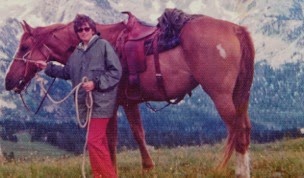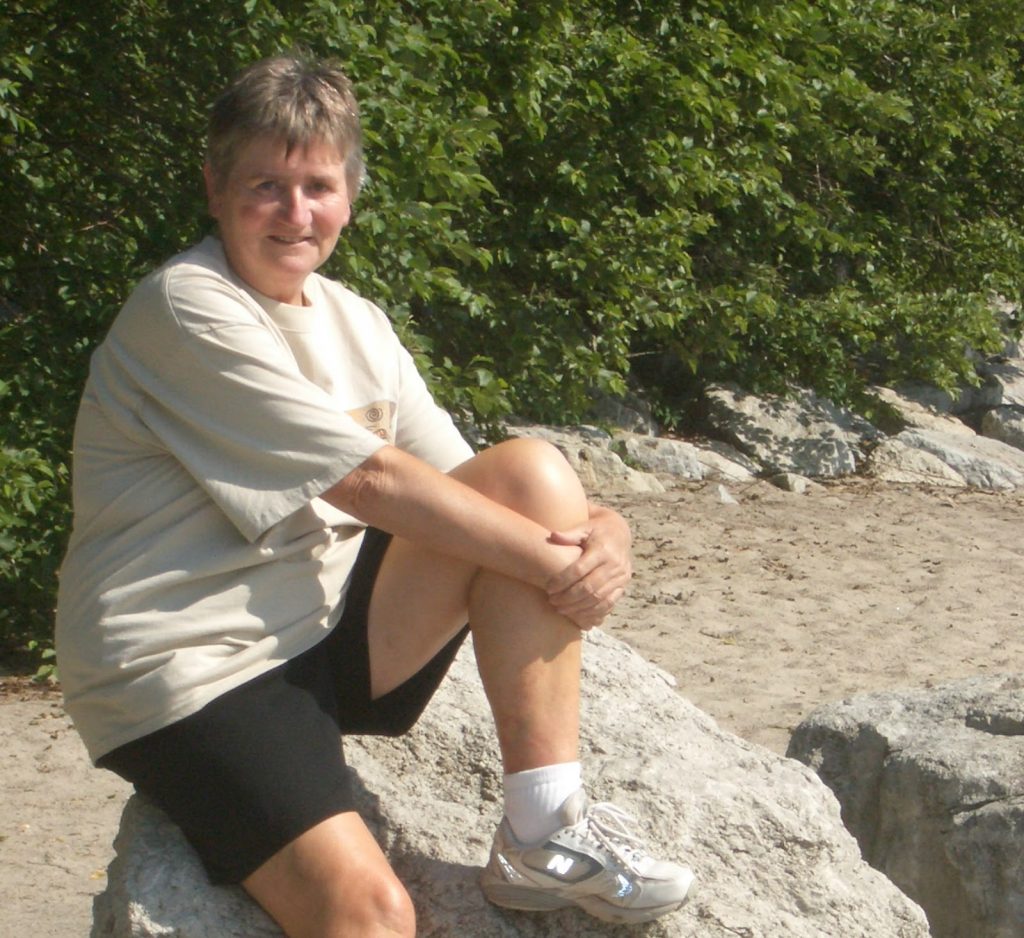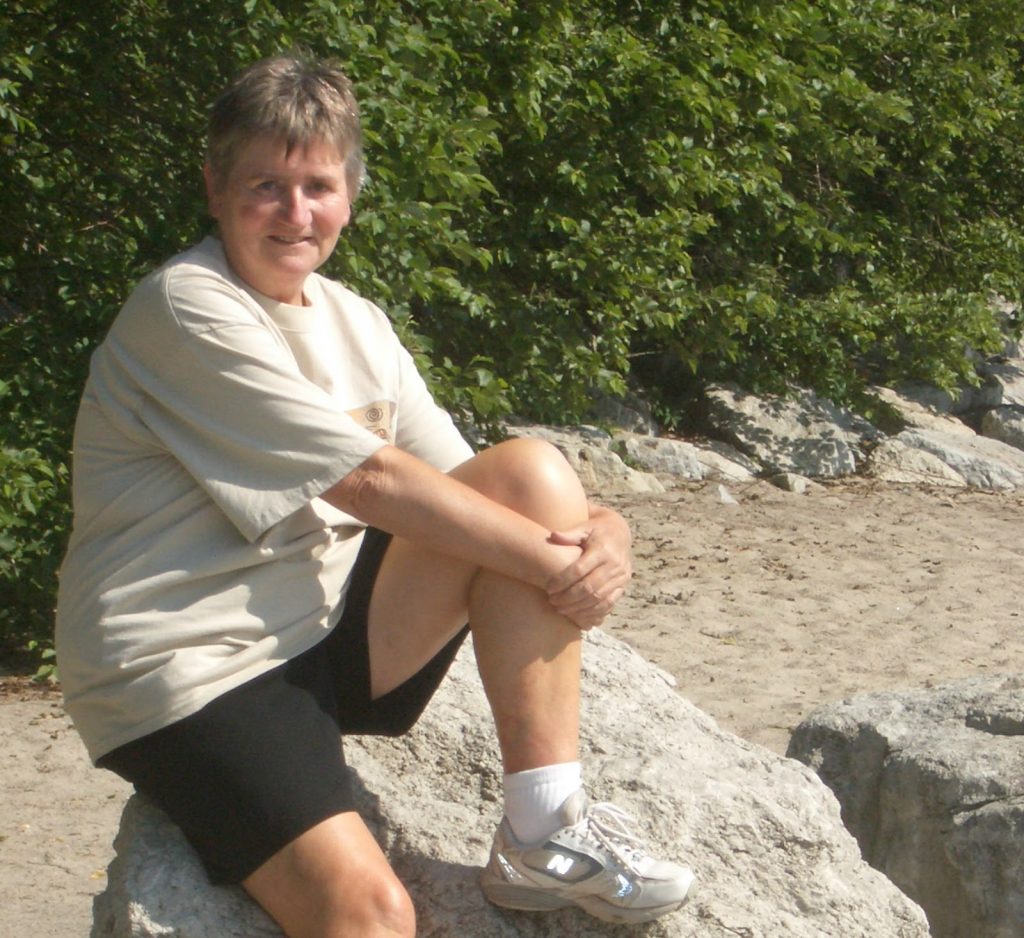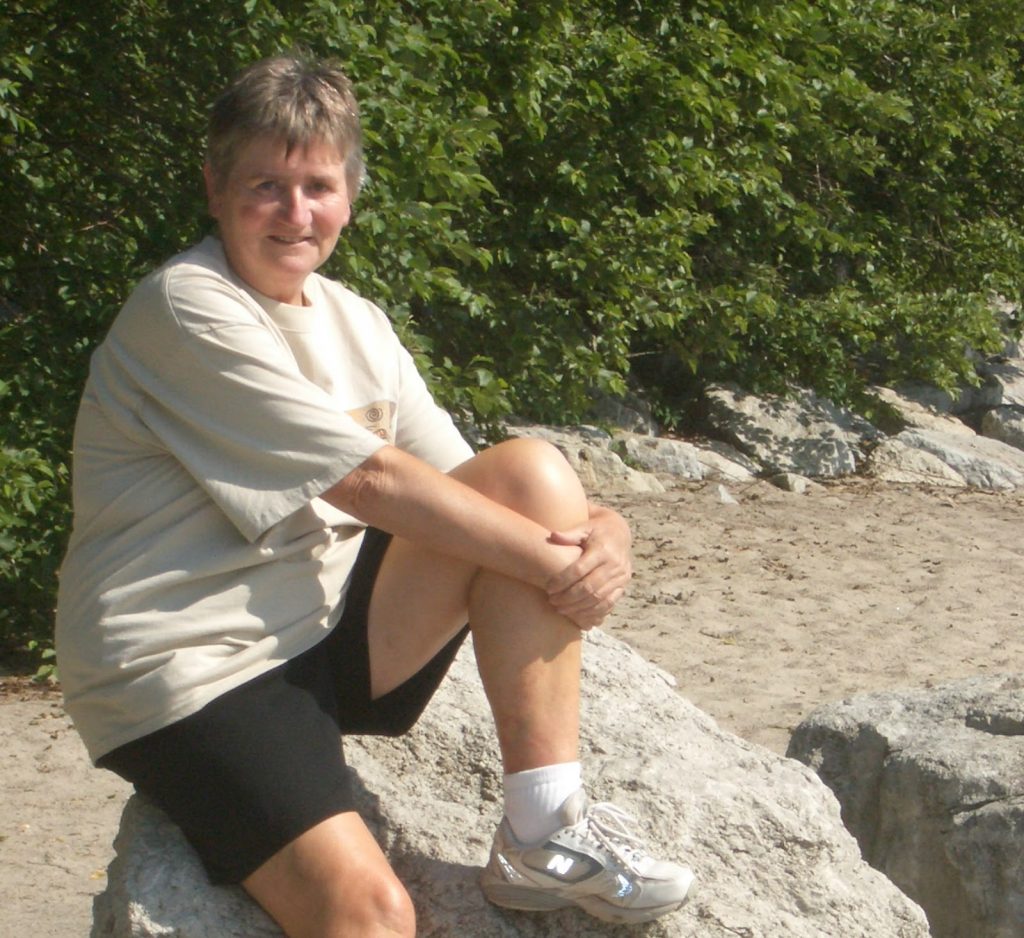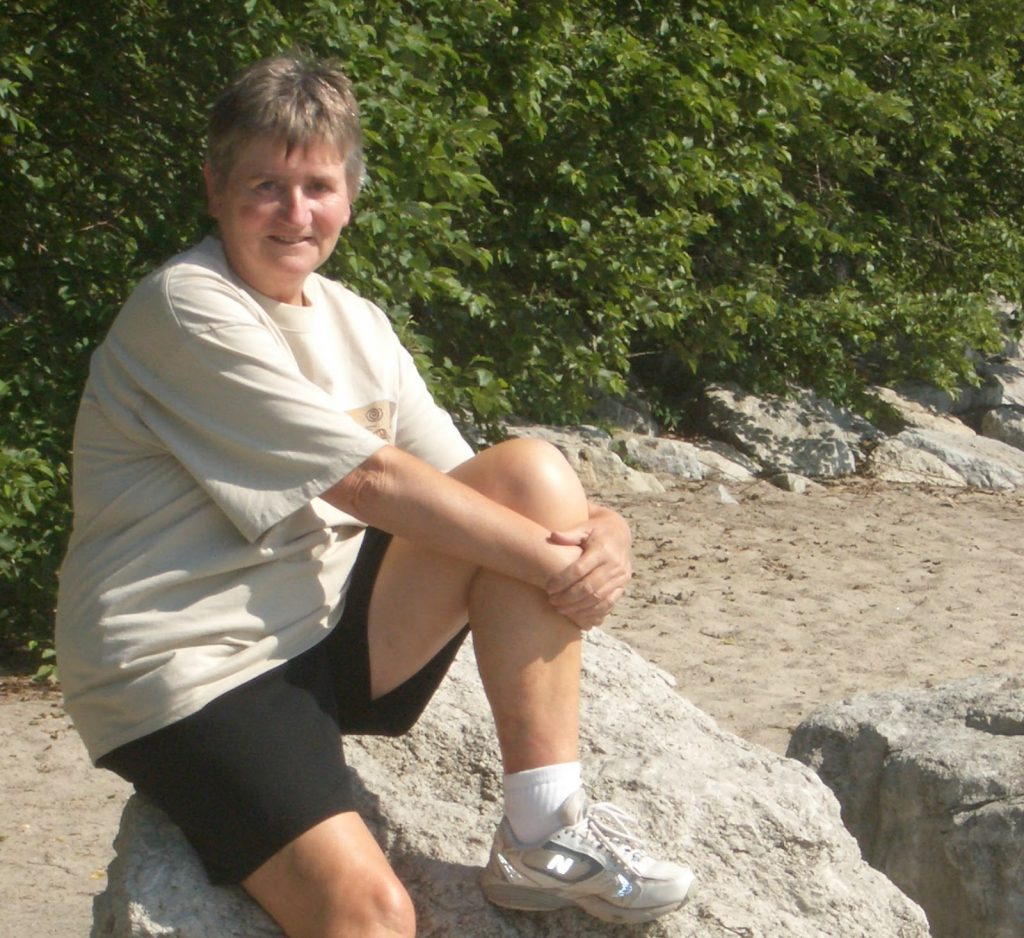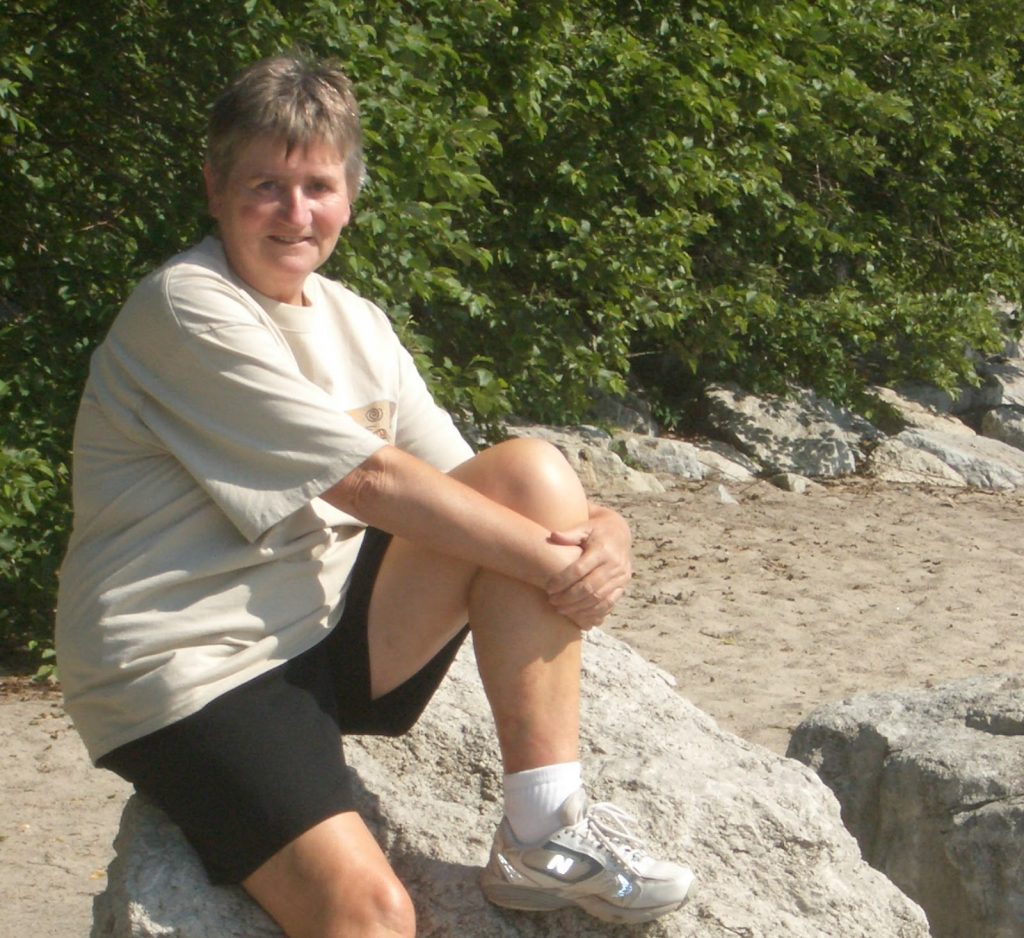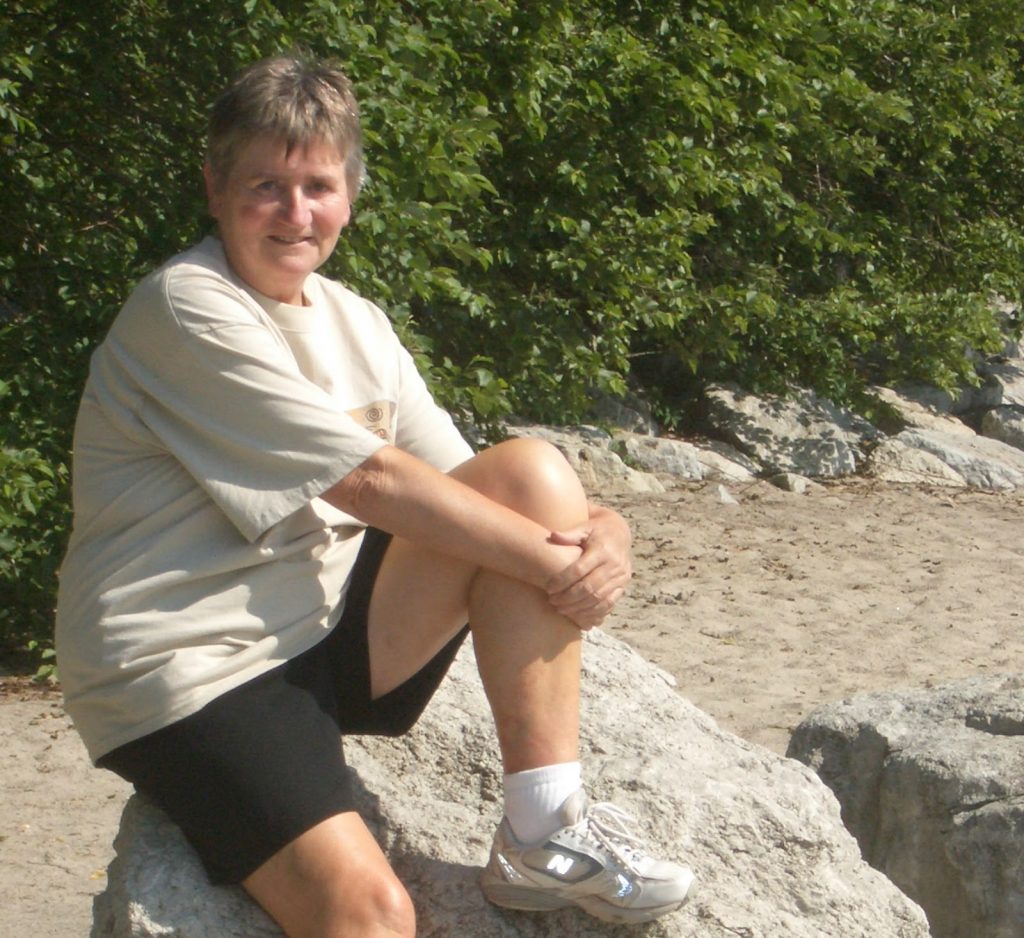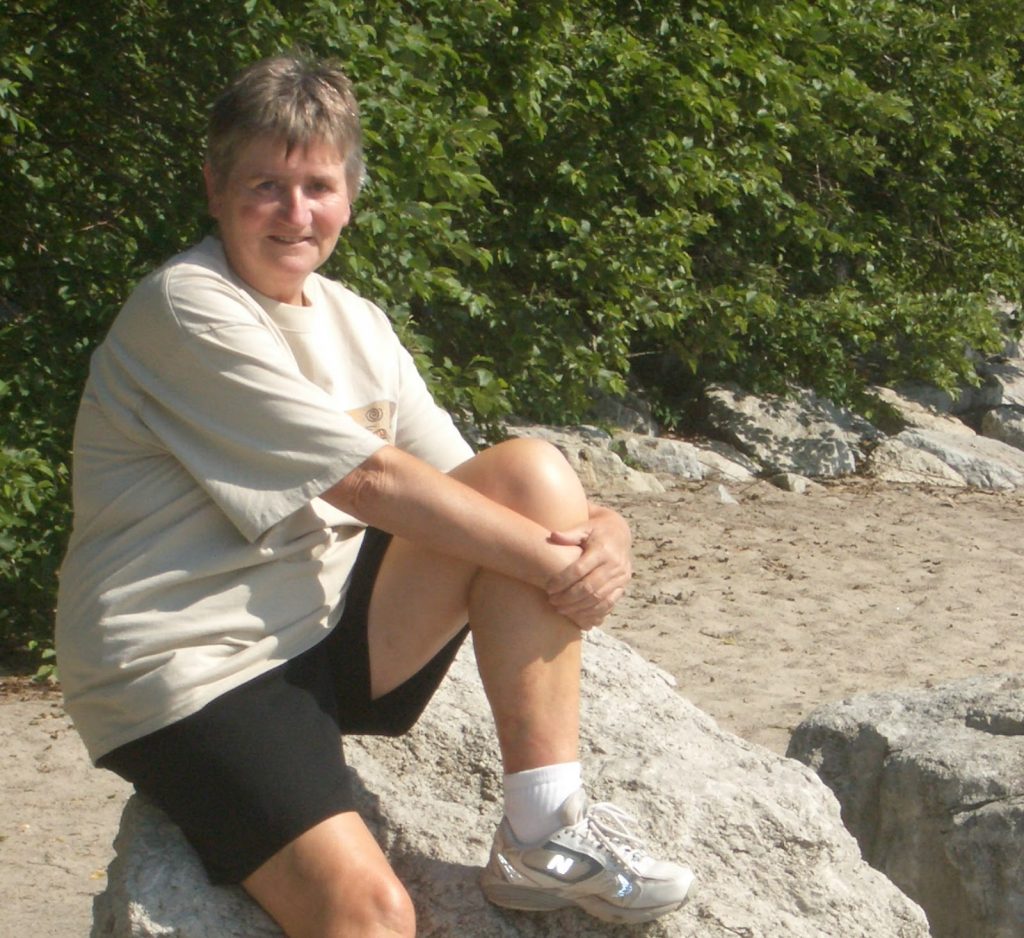as applied to people, is used negatively. There are those scruffy old bums or drifters
in Depression-era movies; not anyone you want to grow up to be.
on,” parents admonish
their adolescent offspring.
need some direction in your life. You can’t
just drift!“
and I mean even before my time, maybe people simply drifted much more than
today. Sons drifted into continuing whatever trade their father had, or farming
the same family acres, and marrying some vaguely distant cousin from the next
valley. Many people did not contemplate these moves, they simply drifted into
the next phase of their lives without considering too deeply what in fact they
actually wanted. They did not have the options we have now; perhaps in fact
just drifting has become a negative because, being privileged to have so many
options, we are committing some act of betrayal by not taking complete
advantage of them.
see myself as drifting, in my younger days, but looking back I see clearly that
I was. I drifted my way through life letting others design major life changes
for me, until I came out to myself. Then
decision-making on behalf of the real me versus that character acting my part,
became meaningful. But I’ve written about
all that several times before and I won’t
go into that again.
drifting.
most productively, when I’m drifting in that
warm pool of unconsciousness just below the waking level. I am unaware that I’m
thinking, but I must be because I so often wake up with the puzzle solved, the
solution at hand, the decision made, the story written. No, I haven’t
taken to sleep-walking, let alone sleep-writing, but usually I decide, as I
drift just below the surface, what I want to write for Story Time, or on that
difficult Sympathy card, or in that note of apology.
physical drifting. I lie on my back in the swimming pool, letting every muscle
go limp, and just drift. I empty my brain of all thought, my body of all power,
and just drift. Usually I’m bumped out of my
reverie by an irritated hand or foot pushing me away, or the cold hard edge of
the pool impeding my slow, aimless, motion. Drifting is not as easy as it
sounds!
The first time I
was married, my husband and I, and his children, lived in Jamestown, an old
gold-mining town in the Foothills above Boulder. We had a horse, and the town
is surrounded by National Forest. I loved to spend any free time I managed to
grab, which was not much, riding along the endless trails. But this wan’t
really riding, it was nothing more than sitting on the back of a horse. I
rarely touched the reins, the old mare wandered wherever she wanted; we
drifted. At least I did. She had very definite ideas on where she was heading.
She had been trained as a cutting horse, and, having spent most of her life
among them, I don’t think it had ever
occurred to her that she was not, in fact, a cow. In the summer months herds
summer-pastured in the forests around town, and instinct always told her where
they were on any particular day. She wandered lazily in their direction. I
drifted idly in the saddle. Idyllic moments. Until, reaching a certain
closeness to the herd, she would, without warning, break into an excited gallop
which, inevitably, tore me from my drifting state and propelled me into an
equally excited grab for the reins. After cutting out a couple of resentful
cows from the herd, to keep her hand in so to speak, she settled in to graze
with them for the rest of her life, each time resulting in a battle of wills
when I decided it was time head for the barn. But once her reluctant head was
turned in that direction, she usually being the only one who knew the way home,
we returned to our peaceful pattern, she wandering, me drifting.
when Betsy and I go off on trips in our camper-van. Of course we usually have
some vague plan of when and where, but we have no reservations, no deadlines.
We change decisions frequently; staying longer here, less time there, ending up
in a campground we had no intention of using, or didn’t
even know existed. I have no desire to live like that every day of my life, but
it’s
wonderfully free and relaxing for a while. Just drifting.
that actually I do live more like that, more of the time. It’s
so much easier to do a little more delicious drifting in the latter part of
life. Drifting doesn’t go down well with
teachers and bosses. When you have successfully escaped their strictures, it
becomes much easier to decide not to do that today, or to go there next week,
or to stay a few days longer. Betsy and I both find ourselves shrugging a
casual “whatever,”
in
answer to questions to which we would have had very definite responses not so
long ago.
are all carried along, inevitably, in the Big Drift, which will deposit us,
sooner or later, in the Big Sleep. We have always known this, but it hangs
around the front of my mind rather more as later becomes less likely
with each passing day, and sooner approaches with indecent haste. I don’t
know what awaits me where the Big Drift pours over the cliffs, but I do know I
will not burn in some eternal fire any more than I shall play the harp upon a
cloud.
and find myself at odds with my adored Dylan Thomas. Perhaps, for some psyches,
it is healthier to rage against the dying of the light, but I think not for
mine. When that time comes I hope to drift, peacefully, towards the light.
July 2014
was born and raised in England. After graduation from college there, I moved to
the U.S. and, having discovered Colorado, never left. I have lived in the
Denver-Boulder area since 1965, working for 30 years at IBM. I married, raised
four stepchildren, then got divorced after finally, in my forties, accepting
myself as a lesbian. I have now been with my wonderful partner Betsy for 25
years.
